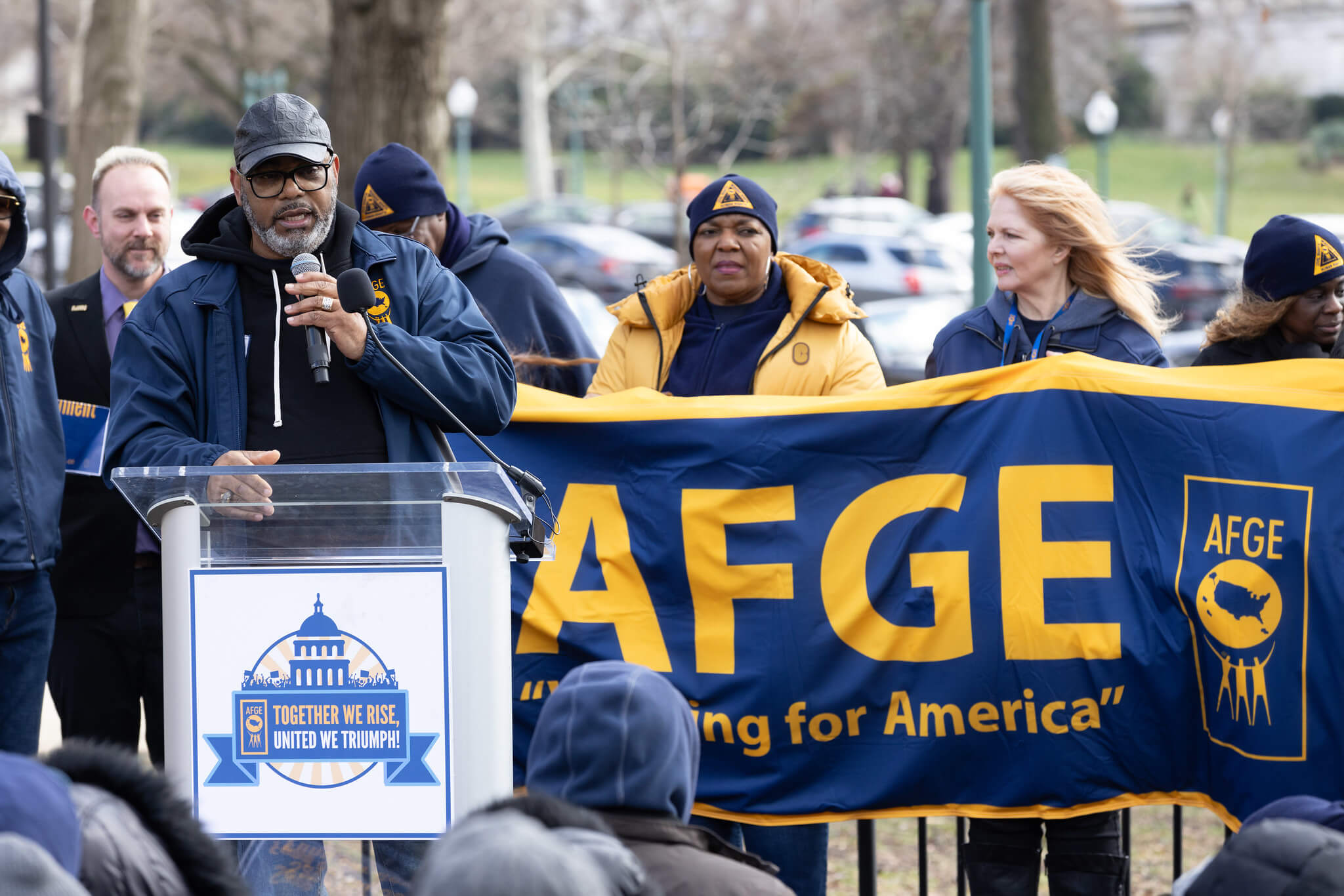Steve Bannon Speaks the T-Word
By broaching the T-word, Steve Bannon, the head of Breitbart News and former senior adviser to President Donald Trump, has done the country a favor.

Published by The Lawfare Institute
in Cooperation With

By broaching the T-word, Steve Bannon, the head of Breitbart News and former senior adviser to President Donald Trump, has done the country a favor. “The three senior guys in the campaign thought it was a good idea to meet with a foreign government inside Trump Tower in the conference room on the 25th floor with no lawyers,” he said, according to reports (undisputed by Bannon, despite some subsequent backpedaling) of a new book by journalist Michael Wolff. “Even if you thought that this was not treasonous, or unpatriotic, or bad shit, and I happen to think it’s all of that, you should have called the FBI immediately.”
“Treasonous” is not exactly the right word for the known behavior of candidate and later President Donald Trump and his associates, particularly not to Lawfare audiences and others who demand a certain legal precision. But it is not exactly the wrong word either, and its use by a former Trump ally is likely to have a clarifying and salutary effect on the public's understanding of what's at stake in what Benjamin Wittes calls L’Affaire Russe.
Many commentators, for good reason, have been skittish about leveling the T-word. It is a rhetorical nuclear weapon. From Democrats and liberals in particular, its use could be dismissed as hyperbole or hysteria. Moreover, to discharge this particular rhetorical weapon and misfire—failing to dent public understanding or opinion—would make explaining and condemning behavior like Trump’s all the harder in the future. Nothing devalues a weapon like showing it doesn’t work. For those reasons and others, Democrats and #NeverTrumpers and other sober commentators have been wise to steer clear. But it seems to me to change the equation when Steve Bannon, whose Trumpian credentials were sterling until a few days ago, says out loud what lots of sober commentators believe in their hearts but refrain from actually saying.
There is another problem with the T-word: It is not legally accurate. The Constitution itself defines the term: “Treason against the United States shall consist only in levying war against them, or in adhering to their enemies, giving them aid and comfort.” The United States isn’t at war with Russia, which is an adversary state but not an enemy. The framers’ use of the adverb “only,” moreover, suggests they worried about misuse of the charge and therefore defined it specifically and narrowly. For that reason, only nine Americans have ever been convicted of treason. Anyone who cares about legal precision, or who thinks scrupulously about what laws might or might not have been broken by Team Trump, is likely to regard the T-word as creating analytical confusion. And they would surely be correct.
That is not the end of the story, however. For reasons lawyers may not be quick to grasp, the use of the T-word has some appropriateness, even some urgency, at a deeper level, even if lawyers are not the ones who should be bandying it about.
To understand why, recall the argument, during the presidency of George W. Bush, over that other T-word: torture. The administration used what it called “enhanced interrogation” of terrorism suspects, techniques that included so-called waterboarding, a method more colloquially referred to as water torture. Human-rights activists accused the administration of torturing captives. Lawyers, and not just conservative ones, pointed out that torture, per se, is a specifically defined crime under U.S. and international law, and whether enhanced interrogation techniques meet the definition of it was open to dispute. Using the term loosely, to include what is not actually a crime, could erode its legal meaningfulness, place in criminal jeopardy government officials who had not broken the law, and desensitize the public to no-kidding, capital-T torture.
The lawyers’ demurrer was sound as far as it went, but it failed the all-important smell test. The public's duly considered verdict—the verdict most consonant with common sense and everyday morality—was that slamming people against walls, placing them in painful positions for extended periods, and making them feel as if they were drowning met the moral definition of torture, or that, in any event, “torture” was the best-fitting term our English vocabulary affords. Although there’s still room for disagreement about the Bush administration’s legal arguments, the public's closing ranks around a common-sense notion of torture seems, in hindsight, to have been a healthy assertion of decency and a victory for moral clarity.
So back to Bannon. We know that a Trump campaign official eagerly tried to connect the campaign with the Russians. We know that senior campaign officials, including the candidate's son, when offered dirt against Hillary Clinton by a known emissary of a foreign government, leapt at the opportunity rather than calling the FBI. We know that the candidate himself, in full public view, encouraged that foreign government to violate U.S. law in order to steal his opponent’s emails and then use them to influence the election—which is exactly what the foreign government did. We know that Trump, first as candidate and then as president, continued to dismiss overwhelming evidence that the foreign government had done exactly what he had asked it to do. We know that the president fired an FBI director partly for pursuing the matter.
This is no mere trail of breadcrumbs. As Lawfare writers have argued (more than once), Trump, whatever he may have done secretly, collaborated with the Russians to undermine the election’s integrity in full public view. Although such behavior is unconscionable and profoundly dangerous to democracy, no one ever thought it needed to be banned, so it might be legal. It certainly is not treason in the Constitution’s narrow sense of the term.
But how else, exactly, should we describe the encouragement by an American politician of a foreign power’s efforts to break our law in order to influence our election? Is there any word that fits better than Bannon’s choice of words: “treasonous”? Morally speaking, what else is someone doing when he is offered intelligence by a foreign adversary seeking to influence the election, and he replies “I love it!” Sedition? Conspiracy? Not really.
From the point of view of common sense and everyday morality, Bannon seems about right. That is not a legal judgment, to be sure. But the law, in the present situation, is of secondary importance. More important is to help ourselves and the public understand what is at stake if a U.S. politician helps a foreign adversary to undermine our constitutional order. In that regard, “treasonous” seems pretty apt, and closer than anything else.
As the founders knew and often said, the ultimate defense of our constitutional order is public morality, not public law. Let it be said that the controversial Bannon has struck a blow for re-moralization.




.jpg?sfvrsn=407c2736_6)
